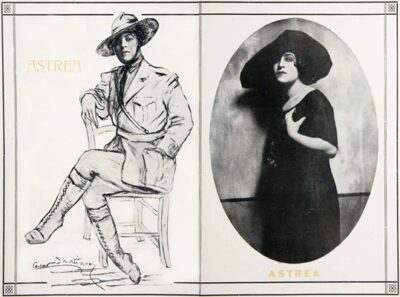2.Il paradigma dell’intersezionalità: Migrazione e disparità lavorativa in Italia
by Claudia Santoni
The essay traces the emergence of the framework of intersectionality in the evolution of feminist theory in a contemporary key. The intersectionality perspective allows us to identify the oppression of women in its various configurations, showing female subjectivities that differ in terms of ethnicity, culture, religion, race. All forms of inequality, therefore, have an intersectional character being the product of the interaction of different factors which then affect the opportunities and choices of individuals.






